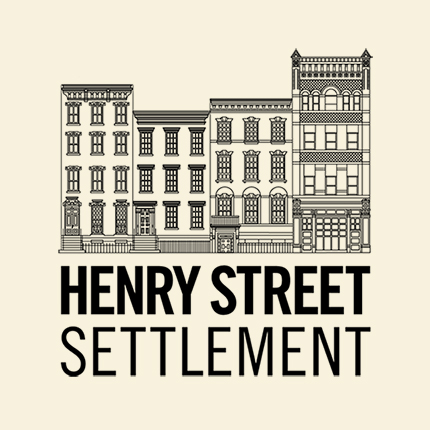Q&A: Andrew Rigie, NYC Hospitality Alliance
By Henry Street Settlement

The restaurant and hospitality industry in New York City has been steadily growing for years, with more than 25,000 eating and drinking establishments (and counting!) in the five boroughs. The majority of these businesses are small “mom and pop” operations that often are not equipped with the same resources as their bigger counterparts to deal with issues like employment arbitration or compliance.
“That’s where we come in,” says Andrew Rigie, executive director of the NYC Hospitality Alliance. “It’s important that our industry has an organization advocating for and supporting it throughout the five boroughs.” The Alliance works to foster the growth and vitality of the city’s hospitality industry by advocating on behalf of members both at the government level and in the media.
With 2,000 members—including restaurants, bars, caterers, nightclubs, cafes, coffee shops, and bakeries—the Alliance provides resources, trainings, and opportunities to network with other members throughout the sector.
The Alliance’s relationships with restaurants and hotels made for a natural match with Henry Street Settlement’s workforce and business development services—a partnership that has been going strong for the past seven years. We sat down with Rigie to talk all things hospitality—keep reading for more.
Henry Street Settlement: What are some staffing challenges that small businesses in the industry face?
Andrew Rigie, NYC Hospitality Alliance Executive Director: Because there are so many restaurants and nightlife venues, the industry employs a very large workforce that’s generally more transient than others, and there’s usually a higher turnover rate. The industry is also highly regulated; there are new laws being passed every day, and this can sometimes create confusion or concerns if a business isn’t equipped to handle it.
Henry Street: What are some of the best parts about a career in the hospitality industry?
AR: At the core, it’s all about people. It provides opportunities for people from all walks of life. You could have a college degree, or you could have not completed high school; you could have grown up in NYC or you could be a recent immigrant; but you can always find an opportunity to work. There are also so many opportunities for upward mobility—you see it all the time: the executive chef or restaurant owner who started as a line cook or a bartender.
Restaurants are always looking for new places to find workers. Hard skills are important, but when you talk to restauranteurs, they are more interested in a candidate with the right attitude, or who wants to learn—I think that’s a really special aspect of our industry.
Henry Street: Why is it important for the Alliance to partner with nonprofit workforce agencies?
AR: We are always looking to partner with local nonprofits that have a positive social impact. Our industry is vital to the economic and social fabric of the city, and part of that role is working with community stakeholders like nonprofits. Because our neighborhood restaurants and bars have deep roots in their communities, they want to work with people in the neighborhood and foster opportunities, so it makes a lot of sense for us to work with local agencies.
